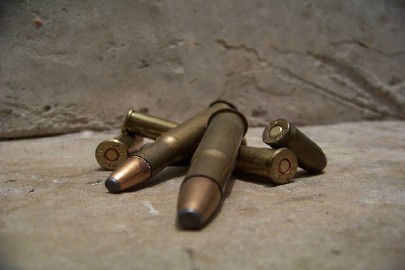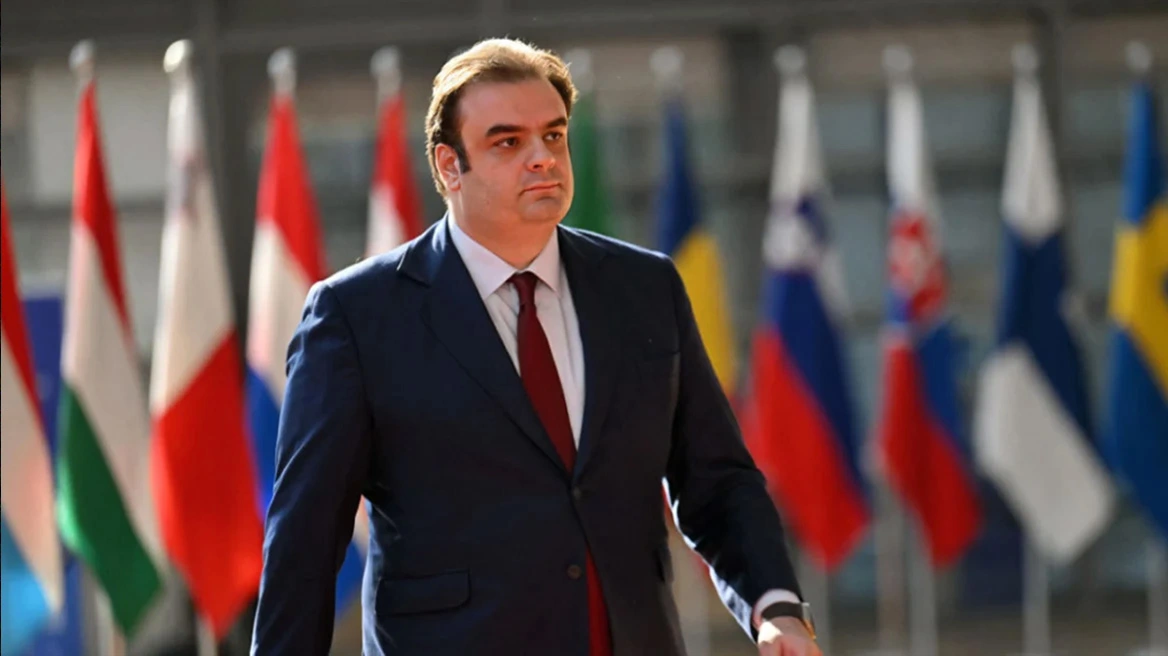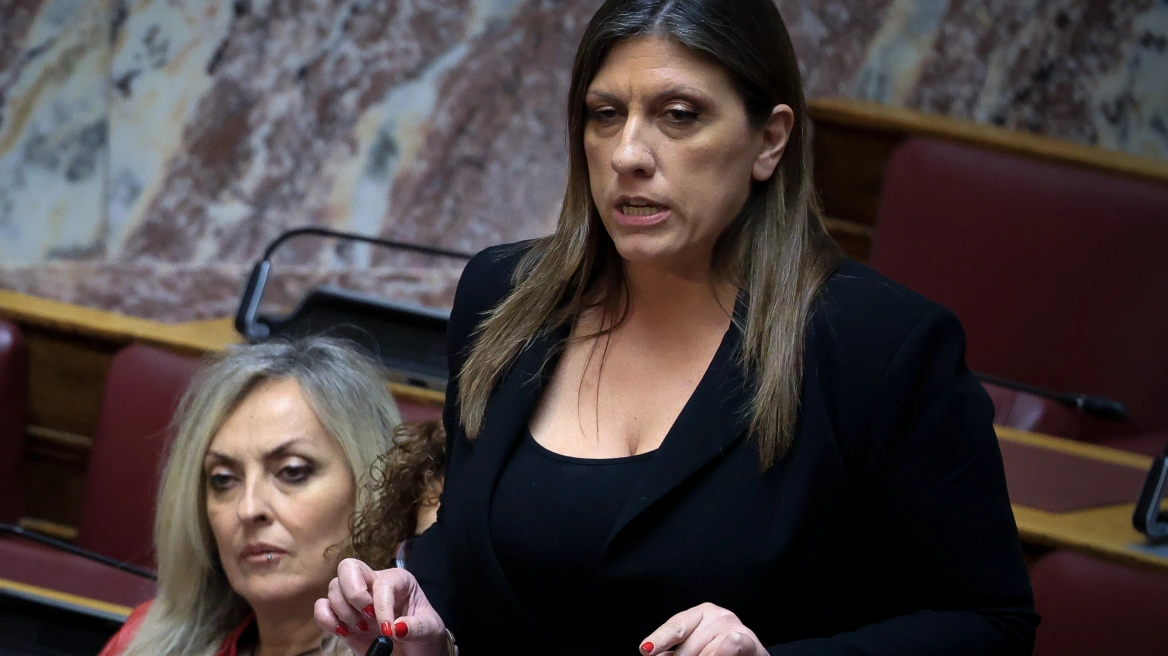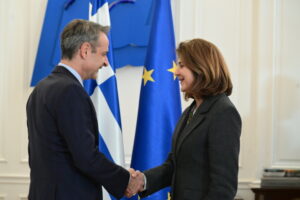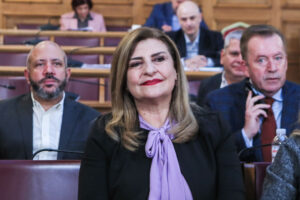Bulgaria’s arms exports reached unprecedented volumes in 2016, with the total value of the deals surpassing one billion euros, the annual report by the state commission for export control shows.
The state approved 595 export licences worth nearly 1.3 billion euros, from which deals worth 1.015 billion euros were realised.
This represented a major increase from 2015, when Bulgaria exported arms to the value of 642.5 million euros.
The report reveals that the steady growth of Bulgarian arms exports to the Middle East in recent years continued in 2016.
A total of 52.8 per cent of all the deals over the year were realised with countries from the Middle East region.
The total value of the shipments to the Middle East reached 536 million euros, while Bulgarian exports to the country’s NATO and EU partners amounted to fewer than 200 million euros.
The main recipient of arms and ammunitions, originating or transferred from Bulgaria was Iraq, with exports for 259.2 million euros, followed by Saudi Arabia, to which Bulgaria shipped weapons worth 238.9 million euros.
Traditionally, the country exports predominantly ammunitions and explosives, such as bombs, rockets and missiles.
In 2016, these groups of defence products formed the largest part of the arms deals approved by Bulgaria, with a value of more than 767 million euros.
With the escalation of conflicts in the Middle East and Ukraine, Bulgaria’s arms sector, which was long suffering from a decline, has undergone a renaissance.
A recent investigation by BIRN and the Organized Crime and Corruption Reporting Project, OCCRP, revealed that since 2012, Bosnia, Bulgaria, Croatia, the Czech Republic, Slovakia, Serbia and Romania agreed exports of weapons and ammunition worth at least 1.2 billion euros to four countries supporting Syria’s armed opposition.
The bulk of the deals, totalling 829 million euros, were made with Saudi Arabia.
“Over the past years the production and realization of defence products have scored record growth, reaching an annual turnover of over a billion leva in 2016,” Economy Minister Emil Karanikolov noted in a report to the government published on August 25.
The minister has proposed setting up a new consultative council to the government which would coordinate and develop the work of all of Bulgaria’s arms traders and producers.
The country’s largest state arms producer, VMZ-Sopot, saw its profits rise by a third in the first half of 2017 compared to the same period last year.
Kintex, a state-owned arms trader, tripled its net sales over the same period from fewer than 50 million leva (25.5 million euros) to 152.3 million leva (77.8 million euros).
Ask me anything
Explore related questions
